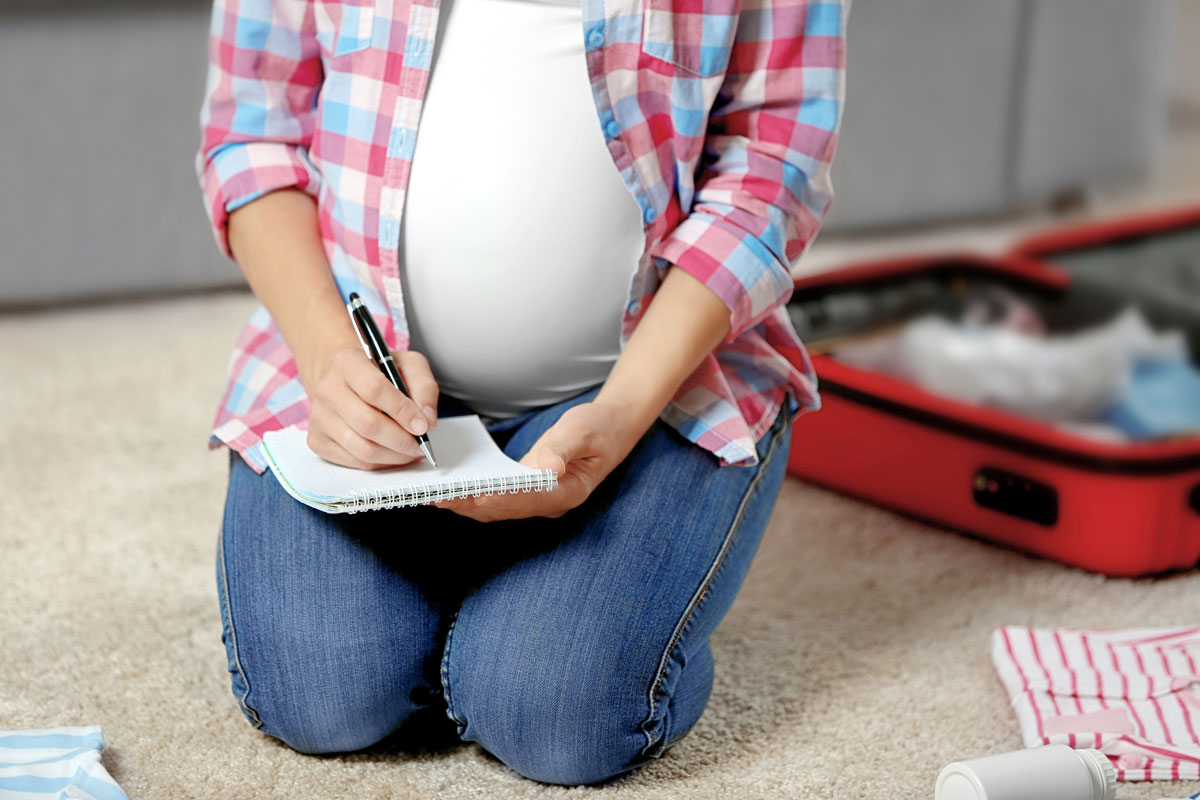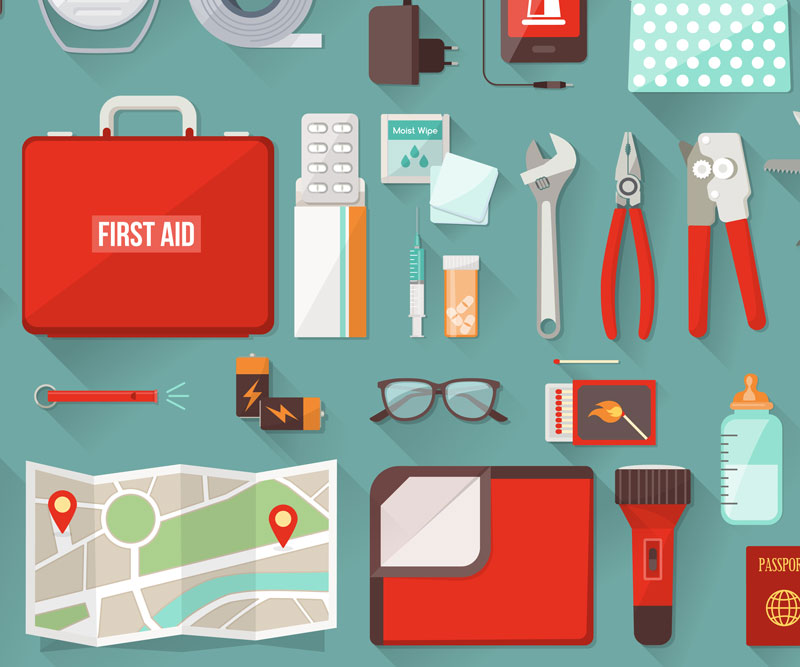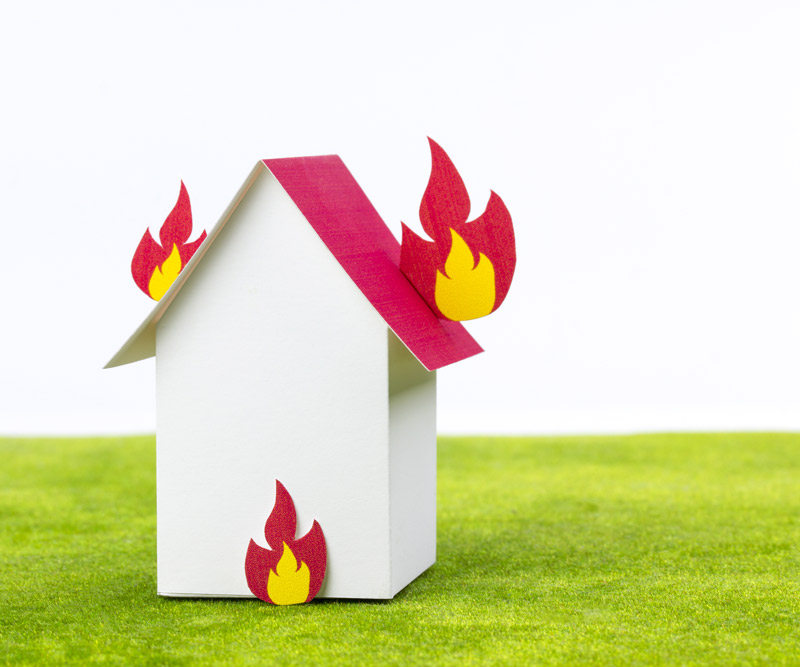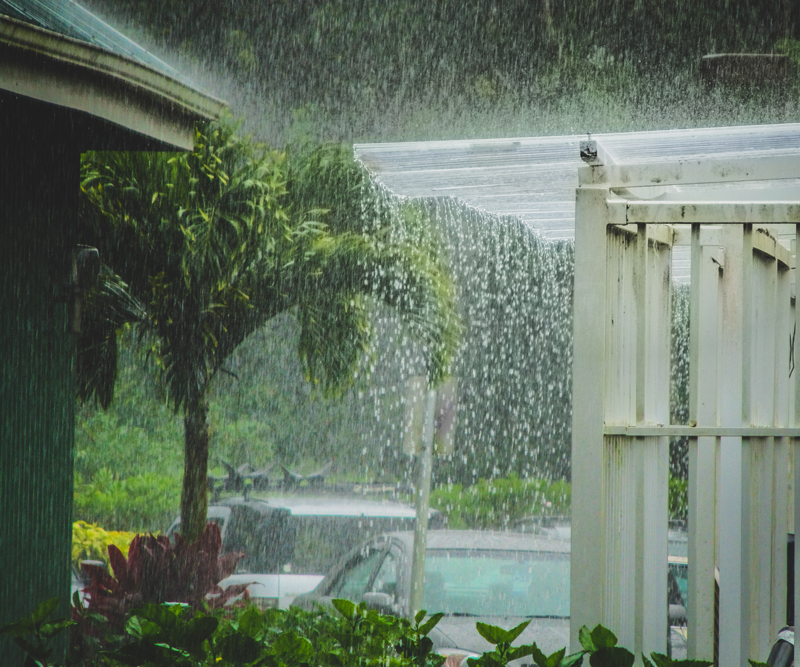
How to Prepare for a Natural Disaster During Pregnancy
Preparing for a natural disaster can be emotionally and physically taxing, but that stress level can easily double when you’re pregnant or caring for a newborn baby.
Fortunately, there are preparedness steps you can take now so that you and your loved ones will be safe in the event of a hurricane, flash flood or other emergency.
Here are suggestions of what to do for expectant and new parents from the Centers for Disease Control and Prevention.
If You’re Pregnant
- Discuss your health care plan with your provider. Know where to go to receive prenatal care in the event your doctor’s office is closed.
- If you’re close to your due date, come up with a plan of action about where you’ll deliver your baby. Have a backup in place should the medical center be closed, or if you need to evacuate to a shelter.
- Learn the signs of labor and what to do in case of an emergency. If you have any signs of labor, call your health care provider or 911, or go to the closest medical center if it is safe to leave.
- Create a family communication plan.
- Prepare an emergency kit that includes at least two weeks’ worth of food and water as well as medications, safety supplies, electronics and important documents.
- If evacuating to a shelter or in temporary housing, tell the staff as soon as possible that you are pregnant and if you have any health problems.
- Wash your hands often to avoid getting sick. Also, stay away from those who appear to be sick. Contact your health care provider immediately if you do get sick.
- Continue to take prenatal vitamins and prescription medicines as directed.
- Schedule a prenatal or postpartum checkup as soon as it is safe to do so, even if it is not with your usual doctor. Let them know if you need help getting prenatal vitamins or prescription medications.
If You’re a Parent or Caregiver of a Newborn or Infant
- Keep baby on a regular feeding schedule. If you breastfeed, continue to do so. If you use formula, rely on ready-to-feed formula, as clean water may not be available for mixing formula or washing bottles.
- If you are staying at a shelter or in temporary housing facility, tell the staff that you have a newborn as soon as possible.
- Continue to give your baby prescription medication as directed, if necessary.
- Schedule a well-baby checkup as soon as safely possible, even if it isn’t with your baby’s regular pediatrician. Let them know if you need help with prescription refills.
Parents and parents-to-be should keep their physical strength up by drinking plenty of clean water and rest as often as you can.
To relieve emotional stress, reach out to a family member, friend or health care provider about your concerns and feelings.
Listen for announcements about chemical safety and actions you may need to take.
If you have questions about exposure to harmful chemicals during a natural disaster, contact the following resources:
- The Parent Line – 808-526-1222 (Oahu); 1-800-816-1222 (toll-free)
- MotherToBaby – 1-866-626-6847
- American Association of Poison Control Centers – 1-800-222-1222
Most importantly, stay informed by checking for updates from your emergency management agency, or by signing up for emergency alerts on your cell phone.
Find evacuation and shelter information in your local telephone book or on the Hawaii State Civil Defense website.
You can access additional resources about disaster preparedness information, local shelters and ways to volunteer on the American Red Cross of Hawaii website.
A free disaster preparedness handbook created by the Hawaiian Electric Company also can be downloaded online.
Published on: September 12, 2018




